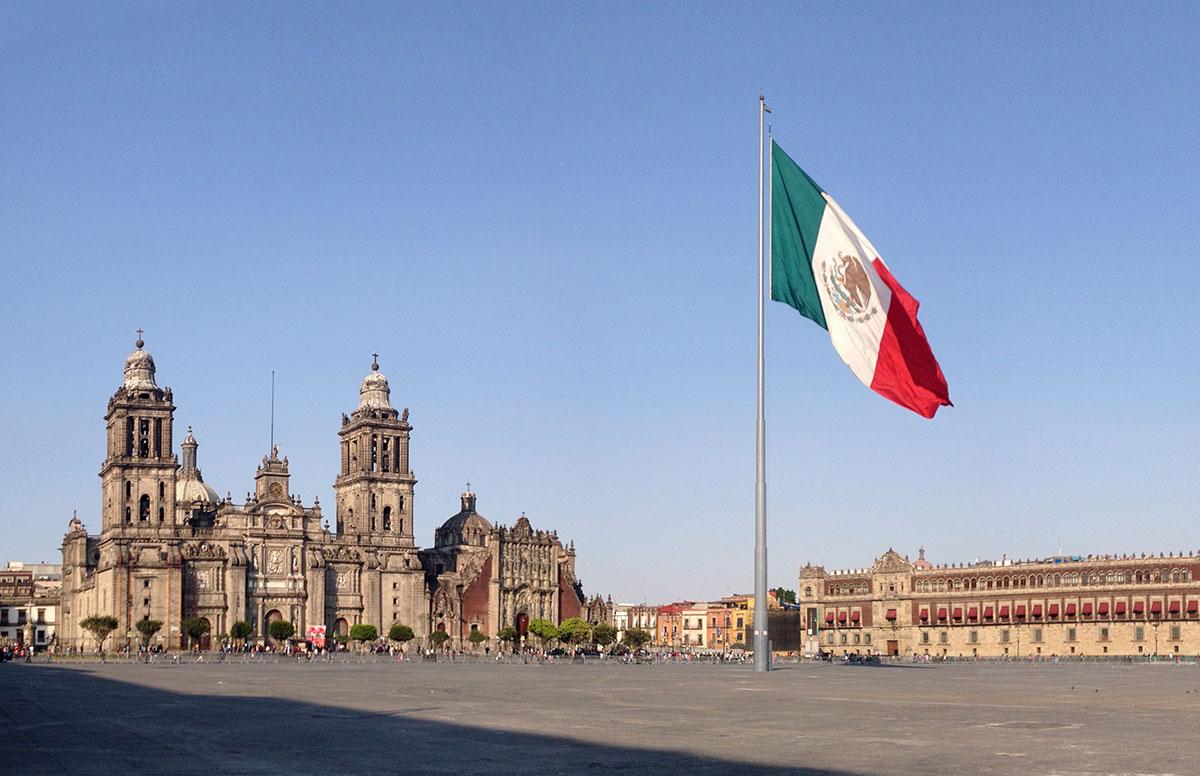Read this story in Spanish here.
Mexico is one of thirty-four member countries currently serving on the World Health Organization (WHO)’s Executive Board, a key decision-making body that guides the WHO’s work on global health. Alongside the other members of the Executive Board, Mexico will attend the 144th session of the Executive Board in January 2019 to discuss topics ranging from polio eradication to the health implications of climate change.
But perhaps the most important topic on the Executive Board’s agenda is the WHO’s proposed Roadmap on Access to Medicines. This Roadmap sets priorities for the next five years of the WHO’s work on medicines around the world. As an Executive Board member, Mexico will help shape the discussion about how the WHO should approach this issue.
Unfortunately, the WHO’s Roadmap, as proposed by the WHO’s Secretariat, has serious problems that Member States need to fix. For example, the Roadmap envisions an expanded WHO role advising countries on intellectual property, such as the use of “compulsory licenses” (sometimes called “TRIPS flexibilities”) to allow the manufacture of patented medicines without the patent owners’ consent. This is unnecessary and would gravely harm global innovation – making it harder for patients to access today’s medicines and undermining investment in tomorrow’s new treatments and cures.
The WHO’s Roadmap reflects a tendency at the WHO to see patents as a barrier to access. But this isn’t true: research has found no correlation between intellectual property and access to medicines. Nearly all the drugs the WHO deems “essential” are already off-patent yet still out of reach for millions due to other factors, such as weak and underfunded health care systems. Strengthening IP can actually facilitate access, both by stimulating new discoveries and making it easier for innovative medicines to reach patients that need them.
The WHO is also ill-suited to make these recommendations: it lacks the expertise to advise countries on the complex technical, economic and trade implications of intellectual property (IP) protections. Many countries have already raised concerns that the WHO should not spend its limited resources working on such polarizing tasks that are unlikely to improve access to medicines.
WHO Executive Board members need to step up—and speak out—about the vital role of IP in spurring new discoveries. This is particularly true in Mexico’s case. In 2015, the country set out a bold goal to increase the country’s R&D spending from 0.4 percent of GDP to one percent by 2018. Building on recent bilateral and regional agreements to raise intellectual property enforcement standards, Mexico has can highlight the role IP protections and biomedical innovation play in improving global access to medicines.
The statements that Mexico has already made in recent international meetings demonstrate that it is committed to developing tangible and proactive solutions to improving access:
- At the May 2018 World Health Assembly, Mexican representatives called for “member states and the private sector to work together with the WHO and other UN agencies to promote and provide access to safe vaccines and medicines that are efficient, high-quality and accessible” and went on to say, “we have to have a multisectoral approach; this must be a high priority for those countries and parts of the population that are most hard hit.”
It’s clear Mexico has a deep understanding that the barriers standing between patients and the medicines they need are multi-faceted and require comprehensive, collaborative solutions. Additionally, Mexico’s moves to strengthen IP rights and its aims to boost R&D investment show that Mexican leadership understand the vital role IP and innovation play in spurring social and economic development. It’s time now for Mexico to become an outspoken champion for IP in international discussions on ensuring patients around the world have access to today’s cures and tomorrow’s treatments.
As the WHO Executive Board considers how to improve access to medicines, Mexico has an opportunity to rebut the idea that weakening IP will do anything to improve access. Mexico has already made strong statements on the importance of multisectoral approaches to improving access and therefore is in a prime position to help focus the WHO on tackling the real barriers to access, such as weak and under-funded health care systems, poor infrastructure and taxes/tariffs. In particular, Italy should speak out clearly at the Executive Board meeting to convey concerns about the Roadmap and ensure it does not lead to expanded WHO activities that would undermine IP globally.
Now’s the time to act. Patients around the world are depending on Mexico and the other Executive Board members to lead the charge on proactive and comprehensive solutions that address the real and complex obstacles to better global health.


